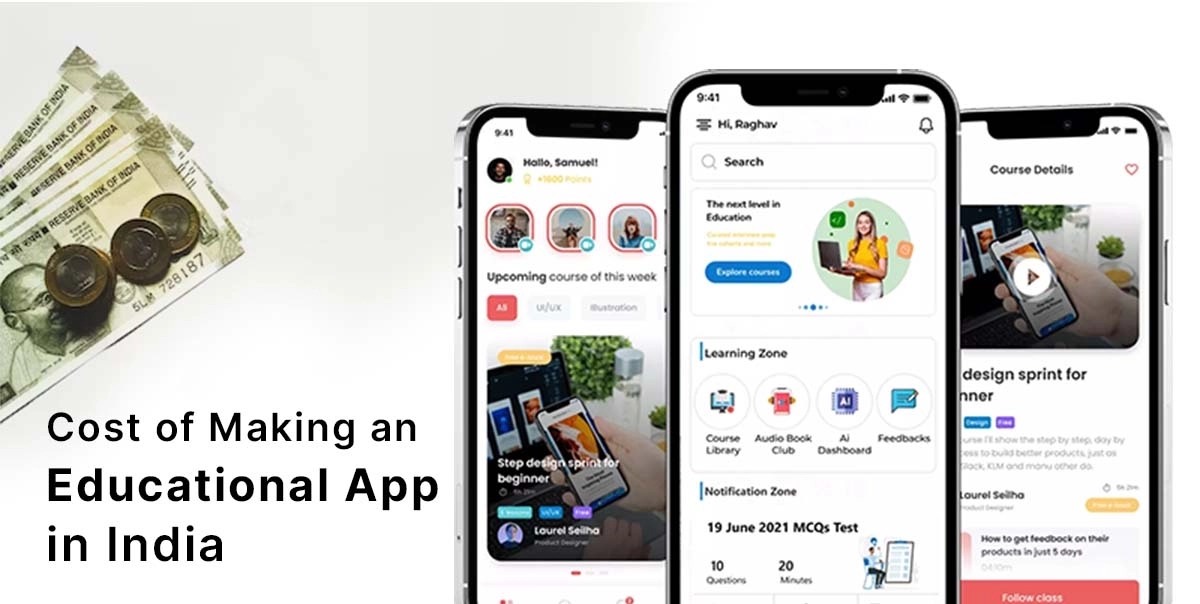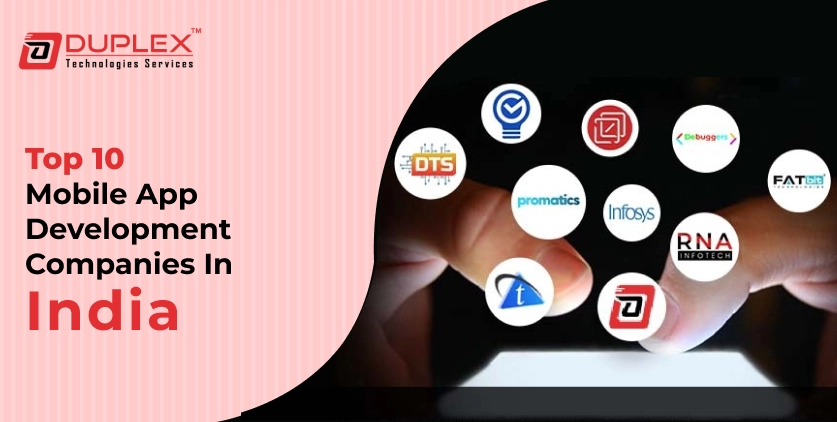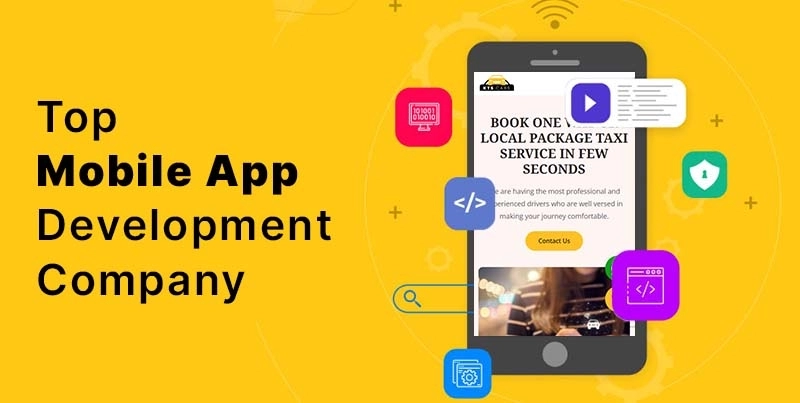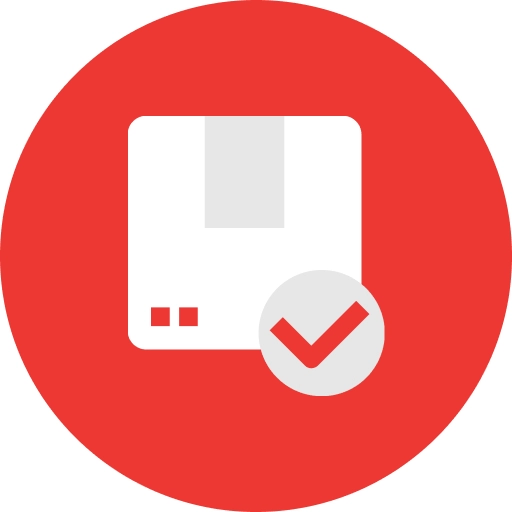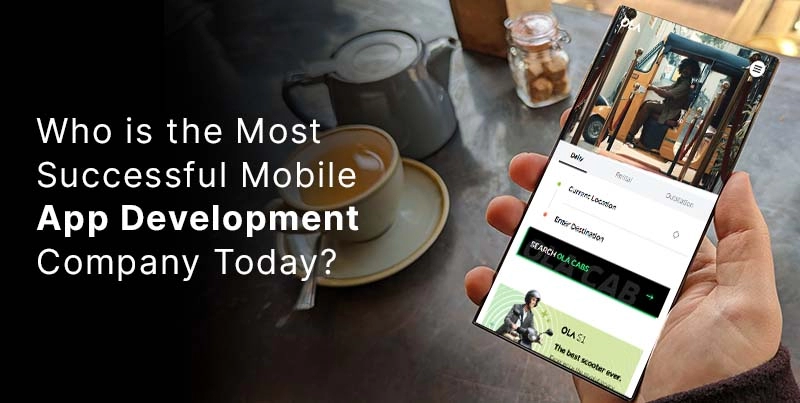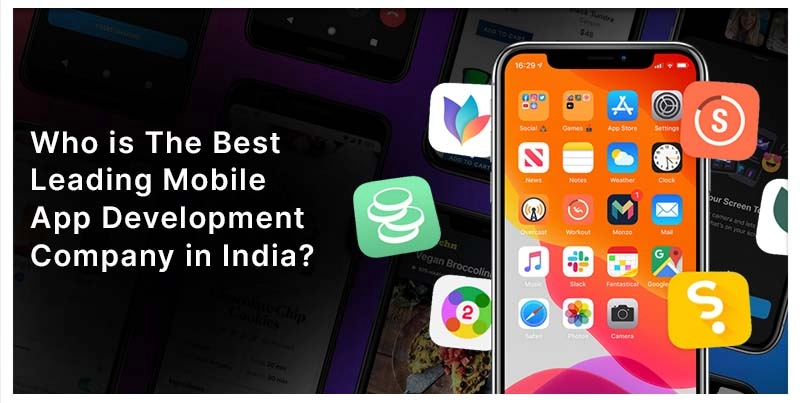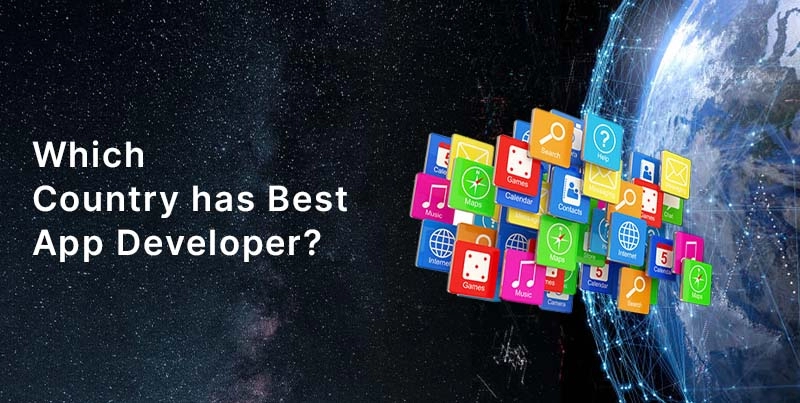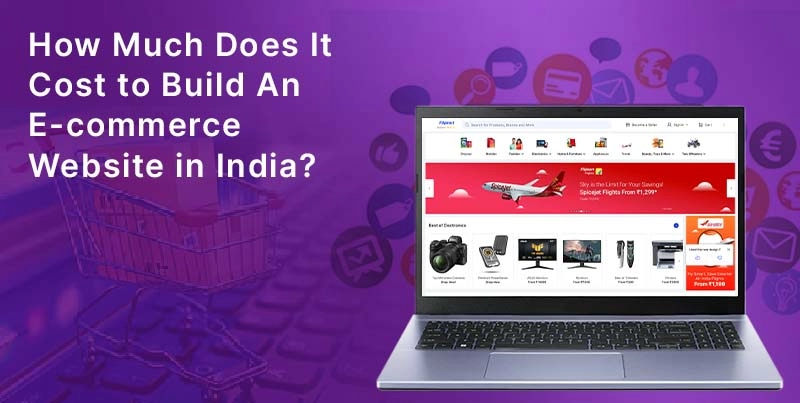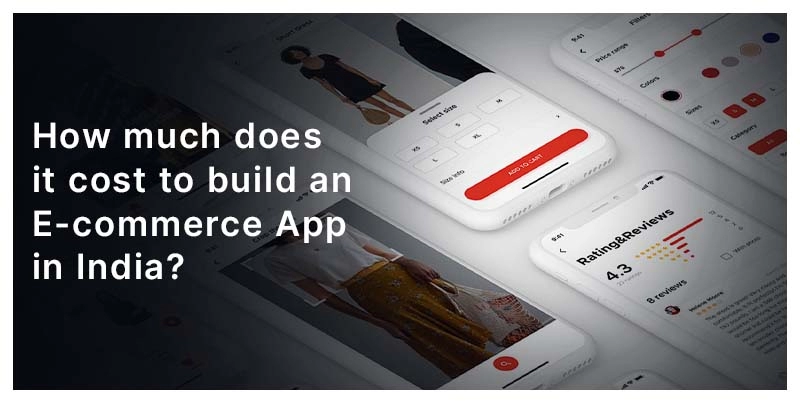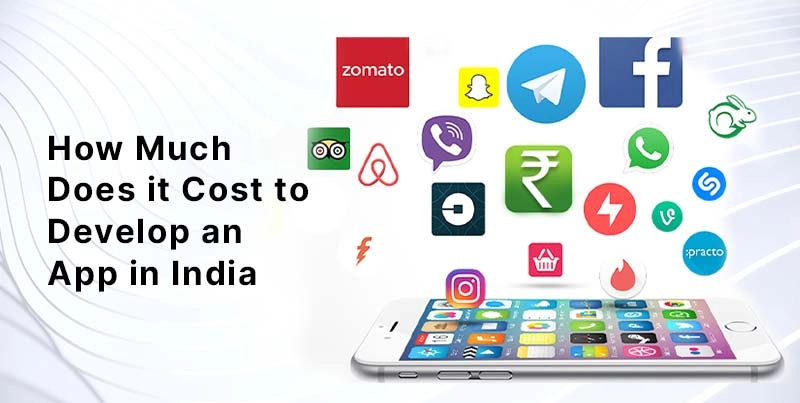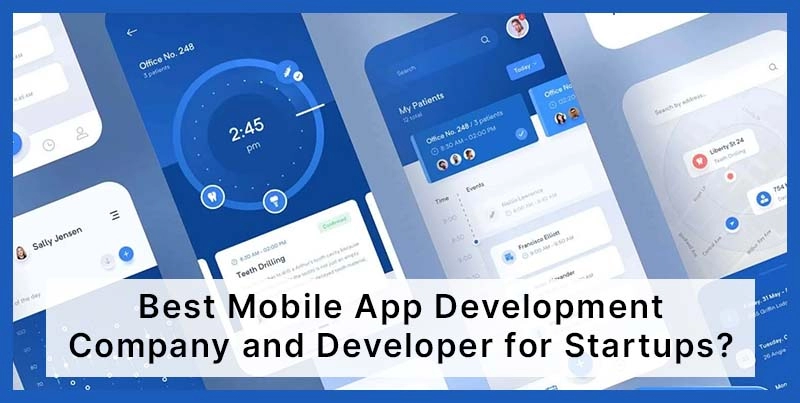Common Challenges in Flutter Development | common flutter issues
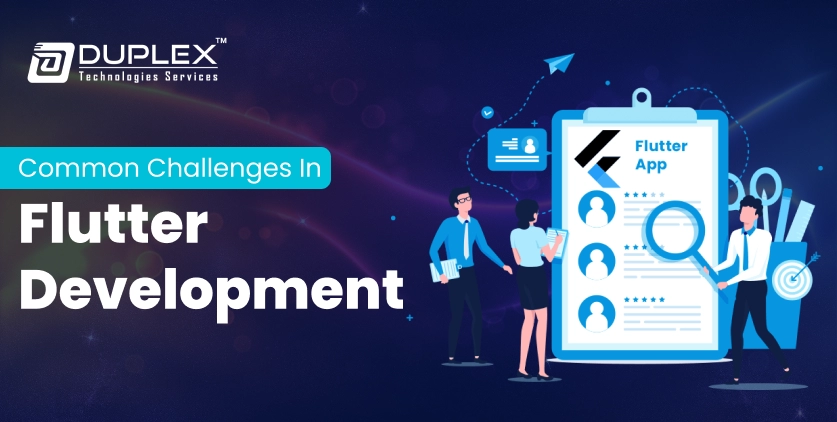
Posted By : Deepank Joshi, Posted Date : Nov 23, 2024
Flutter Development Challenges
The rapid popularity of Flutter is supported by it being an open-source flutter mobile app development framework from Google. It is widely adopted in real-world applications because of its flexibility and ease of use. Its unique feature of cross-platform development lets developers build natively compiled applications for mobile, web, and desktop from a single codebase. Developers prefer Flutter more than the other languages because it allows shorter development cycles, has an expressive UI, and integrates applications with multiple platforms. Lastly, it has a rich widget library along with a widening community base. You all might be aware of all the advantages of using Flutter for app development. Now, let’s discuss some common Flutter issues developers face while developing a Flutter app.
Table of Contents
Flutter app development benefits
Before talking about Flutter app development problems, let us first know about its benefits.
- Compilation: The native compilation and widget-based architecture of Flutter apps are executed really fast, which provides an intuitive user experience to fuel engagement and retention. Such speed ensures navigation is quick, data processing becomes efficient, and interaction is responsive. This way, Flutter applications are always characterized by high-performance capabilities.
- Cost-effective: Flutter's cross-platform capability and fast development cycle save development costs to a significant degree. Businesses develop an application once and deploy it across various platforms without any additional costs. This cost-effectiveness has been one of the prime reasons why Flutter has emerged as a prominent challenger for startups as much as for enterprises.
- Easy maintenance: With the single codebase and modular architecture of Flutter, it is easy to update and maintain so developers can easily modify tests and deploy changes efficiently. This ensures that apps stay up and running with minimal downtime and keep performing smoothly. Therefore, it is possible for businesses to respond quickly to user feedback and changes in the market.
- Seamless integration: Flutter integrates very seamlessly with various platforms; this includes Firebase, Google Cloud, and APIs offered by third parties. It easily allows easy backend integration, reducing complexity in development and letting developers focus on the core functionality of their application. With Flutter, integration hurdles are reduced for its developers. This accelerates the pace of development.
- Customizable UI: The existing widget library of Flutter app design along with customizable UI offers developers a wide range of scope in designing unique, highly engaging, and platform-specific UI's, which in turn provides consistent branding across different platforms and enhances user recognition and loyalty. Businesses can create the right type of UI experience that resonates with their audience using Flutter.
Fast Development Cycle: The feature of hot reload in Flutter and its rapid development process allow fast, iterative development. Flutter developers can quickly experiment, iterate, and debug, thus making an overall reduction in the time taken to develop. This rapid development cycle enables businesses to rapidly deploy apps, react to market trends, and be competitive.
Common Flutter issues that occur during app development
Skill issue for beginner programmers
Flutter’s learning curve is too steep for freshers or inexperienced developers. Familiarity with other programming languages doesn't help avert difficulties in acquiring the same. It will take time to understand the subtleties and best practices of Flutter. The learning process can be pretty daunting and even overwhelming for those with no background in mobile application development. Official tutorials and documents provided with Flutter make a good place to begin. Developers can take online courses, which are available, and join the numerous online communities for hands-on experience. Good resources and tutorials are needed to surmount this challenge.
Challenges:
- Lack of Experience with Dart Programming Language
- Widget-based Architecture Different
Platform-Specific Issues
One of the common flutter issues is compatibility with platform. Although Flutter is a cross-platform development tool, platform-specific issues arise with different devices. Screens vary in size, resolution, and hardware. Developers must try out their apps on all the platforms so their apps can run efficiently and without any glitches. Developers can develop platform-independent APIs and widgets and also code conditionally those features which are gadget-dependent. This is tiring but it is a crucial step for an application's success.
Challenges:
- Difference between the size and resolution of screens
- Hardware capabilities (e.g., camera, GPS)
Management of user interface
For large-sized apps, management of UI in Flutter is a complicated thing. A suitable state management or coordination technique must be chosen because it directly impacts performance and maintainability. The popular techniques are Provider, Riverpod, BLoC, and Redux. Developers should compare the pros and cons based on scalability, performance, and complexity at the time of choosing a state management solution.
Security of application
It should be ensured that the Flutter app is secure, especially if it deals with sensitive information. The developer has to use encryption, secure data storage, and authenticating mechanisms. Effective security measures for these Flutter development challenges build trust for your Flutter app in the eyes of its users.
Key Measures:
- Encryption of data
- Storage of data
- Secure authentication mechanisms
Testing
Testing Flutter apps is an integral part of any QA module. The development process has to test its applications on different platforms, simulators, and real devices as well. Good testing strategies make sure apps are stable and operational. There are several testing kinds, like unit testing, integration testing, and automated testing, which help get complete coverage.
Compatibility Issues
One of the major Flutter development challenges is compatibility issues. The compatibility of versions in Android and iOS is something that is a big headache. Many developers test and optimize their applications for different versions. Dependencies and libraries used need to be updated periodically to ensure backward compatibility. Such compatibility issues can be made easier by the use of version-agnostic APIs and conditional coding.
Insufficient tools
Even though the ecosystem of Flutter is growing, there are very limited libraries and tools available for any specified tasks. Most of the tasks depend on third-party libraries or, in some cases, on custom solutions where they write their own code. Community-driven projects and open-source initiatives fill these gaps.
Best Flutter app development company
If you are looking for the best Flutter app development company then trust no one else than Duplex Technologies. Our expert developers can create solid, usable applications with intuitive, clean, and clear interfaces that best reflect your brand. The expert Flutter developers working with us will design high-performance, scalable, and secure applications using the most advanced available technologies. From conceptualization to deployment, we provide full end-to-end services for your vision to materialize as an awesome and breathtaking reality. We are committed at all times to quality, innovation, and customer satisfaction, making us the perfect companion for you to ensure that your Flutter needs are met. Trust Duplex Technologies in bringing your app visions into reality.
As a Final Point | Flutter app development problems
As Flutter becomes increasingly popular due to its advantages of rapid development, cross-platform compatibility, and seamless integration, among many others, a growing number of developers have adopted this framework. But like any other platform, there are common flutter issues during development. Learning curves, problems arising from the specificity of the platform, complexities in dealing with the state of the app, performance optimization, and security are some of the common problems. It is difficult to debug along with native module integration, testing, and compatibility. All these flutter app development problems will impact the successful implementation of an app. Knowing the problems and overcoming them will help developers utilize the full potential of Flutter to make way for high-quality applications with minimal inconvenience to the user.

